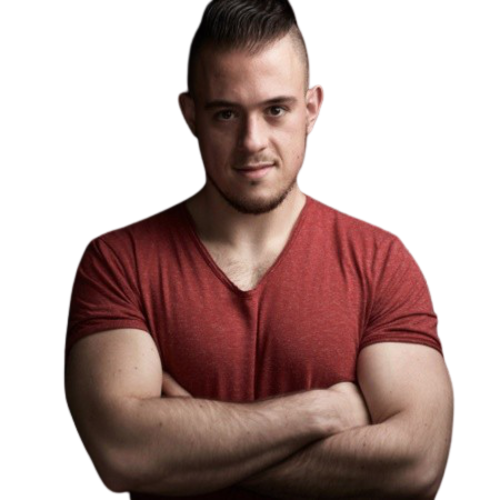Supercharge Your Hiring Process
Excel your hiring experience with our comprehensive features. Discover a world of possibilities as you explore our feature-packed platform. Take your recruitment process to the next level.
More About Features


Hire the top 1% on auto-pilot.